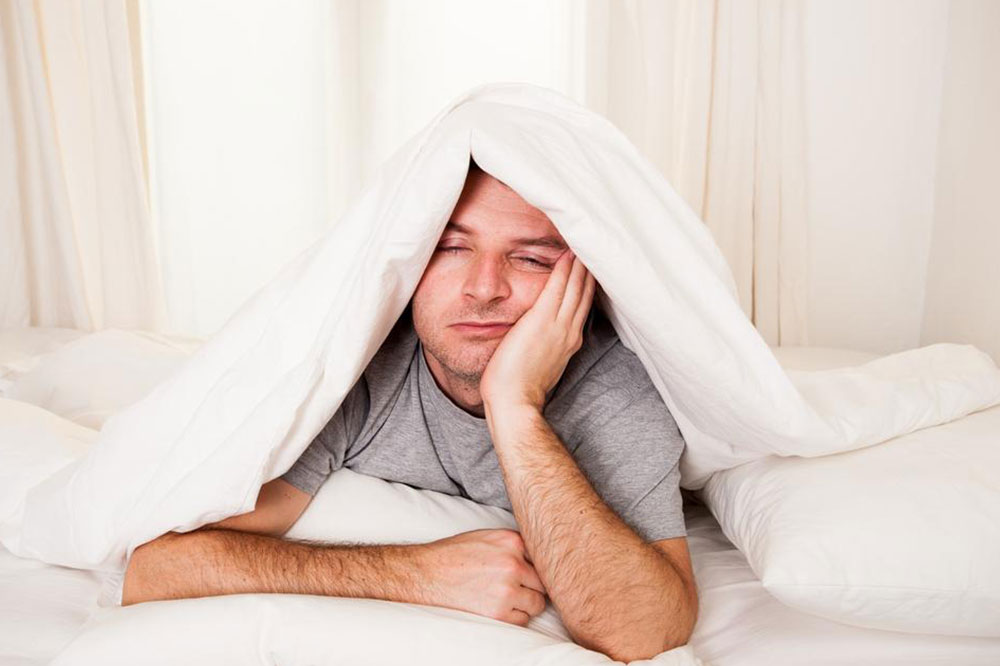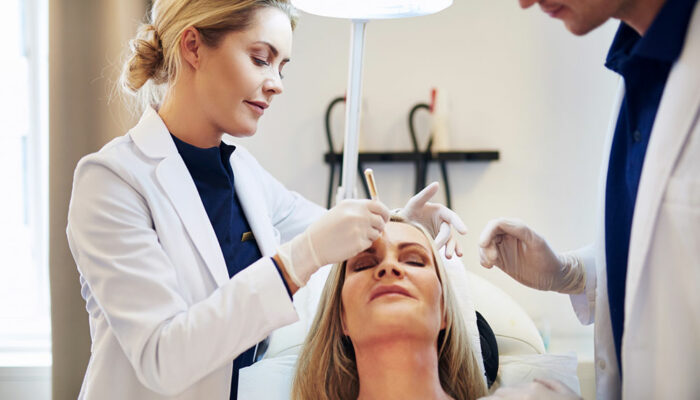
Sleep Apnea – Signs and Treatment Methods
Sleep apnea is a disorder characterized by breathing that starts and stops continuously while a person is asleep. If one does not feel fresh even after sleeping at night and if they snore loudly, sleep apnea could be the reason. To treat this condition, it is extremely important to know the signs and treatment options of sleep apnea.
Signs and symptoms of sleep apnea
Sleep apnea can be of three types:
- Obstructive sleep apnea
- Central sleep apnea
- Complex sleep apnea
The symptoms of central and obstructive sleep apnea can be the same in some cases, which makes it difficult to identify the type of sleep apnea a patient is suffering from. The common symptoms of obstructive and central sleep apnea include the following:
- Snoring loudly
- Stopping and starting breathing during sleep (this symptom is often reported by someone who sleeps with the patient)
- Gasping for breath while asleep
- Waking up with a dry mouth
- Experiencing a headache in the morning
- Insomnia
- Sleeping excessively during the day or hypersomnia
- Trouble focusing
- Feeling irritated
Although loud snoring is a potential symptom of sleep apnea, everyone who snores might not be suffering from sleep apnea. So, if one feels that they might have this condition, it is best to consult a doctor for further diagnosis. One can discuss all the potential sleep disorders that make them feel tired, irritable, and drowsiness during the day.
Treatment options for sleep apnea
Learning about the signs and treatment options of sleep apnea can go a long way in helping an individual fight the condition. After the symptoms are identified and the condition is diagnosed, one can start the treatment.
In mild cases, the patient might be asked to make certain lifestyle changes, including:
- Shedding excess weight
- Quitting smoking and avoiding alcohol consumption
The doctor can also recommend alternative sleep positions and use of a humidifier.
In case the patient has nasal allergies, the doctor will focus on treating them. However, if these changes do not show any improvement in the condition or if the person is suffering from moderate to severe sleep apnea, the treatment options include therapies like:
- Continuous positive airway pressure or CPAP : This is a treatment in which air pressure is delivered through a mask while one is asleep. The air pressure provided by the machine is higher than the air pressure of the surroundings, which keeps the upper airway passages open and prevents snoring and sleep apnea.
- Oral appliances : This treatment option for sleep apnea can keep the throat open while one is asleep. Although CPAP is considered to be more effective, oral appliances are easier to use.
Based on the signs of the condition, the surgical treatment options for sleep apnea include:
- Tissue removal surgery
- Tissue shrinkage surgery
- Jaw repositioning surgery
- Nerve stimulation
- Implants
- Tracheostomy



